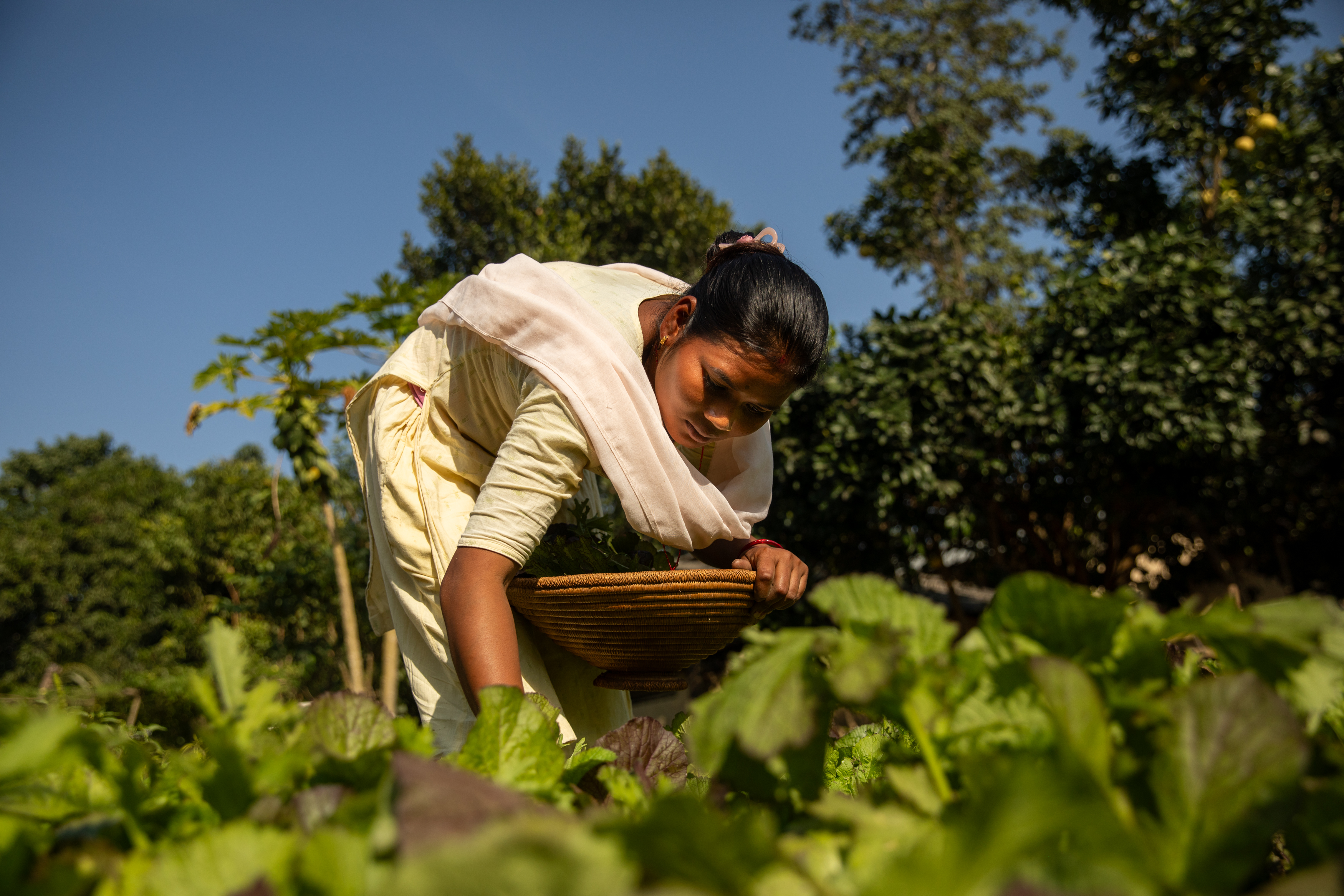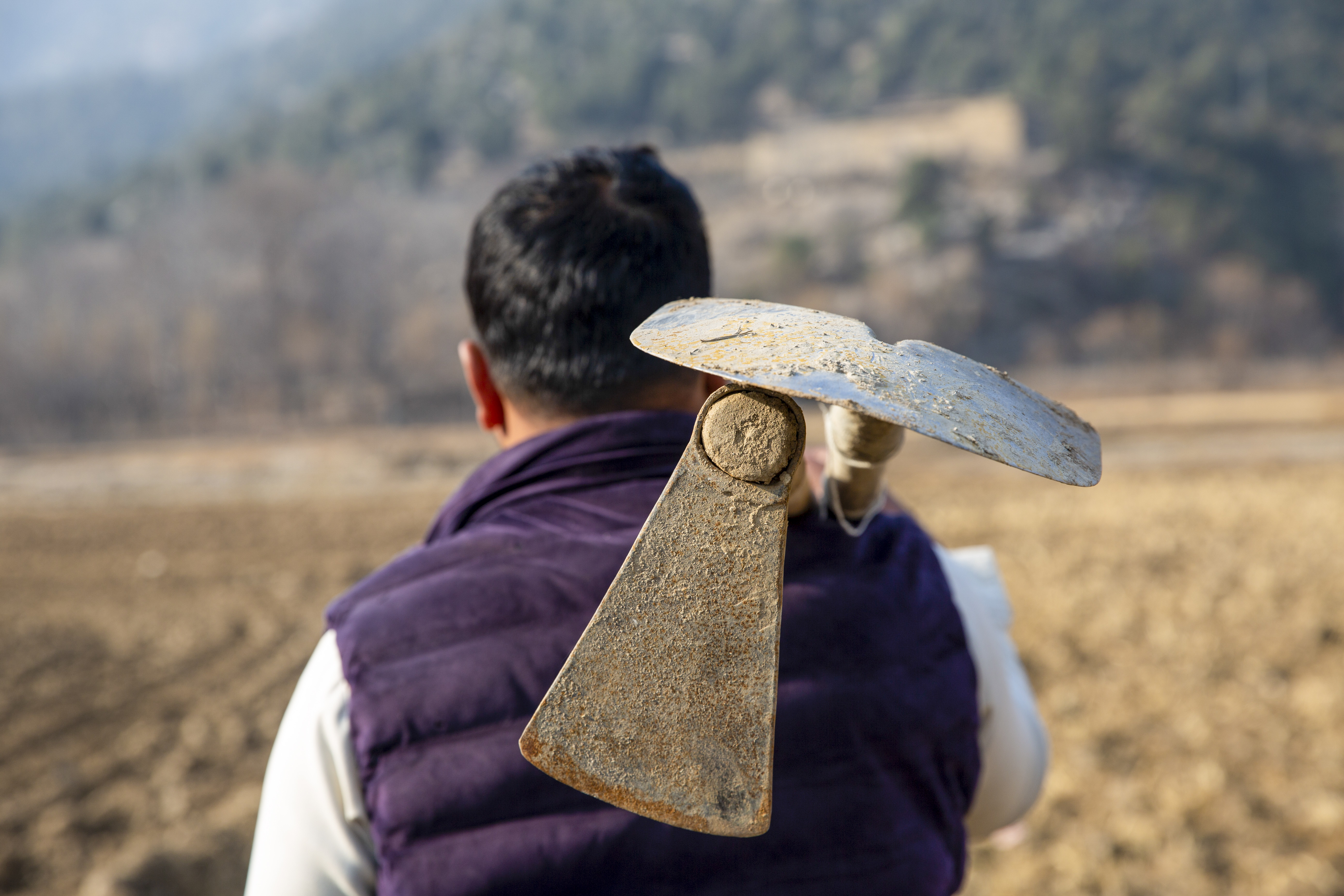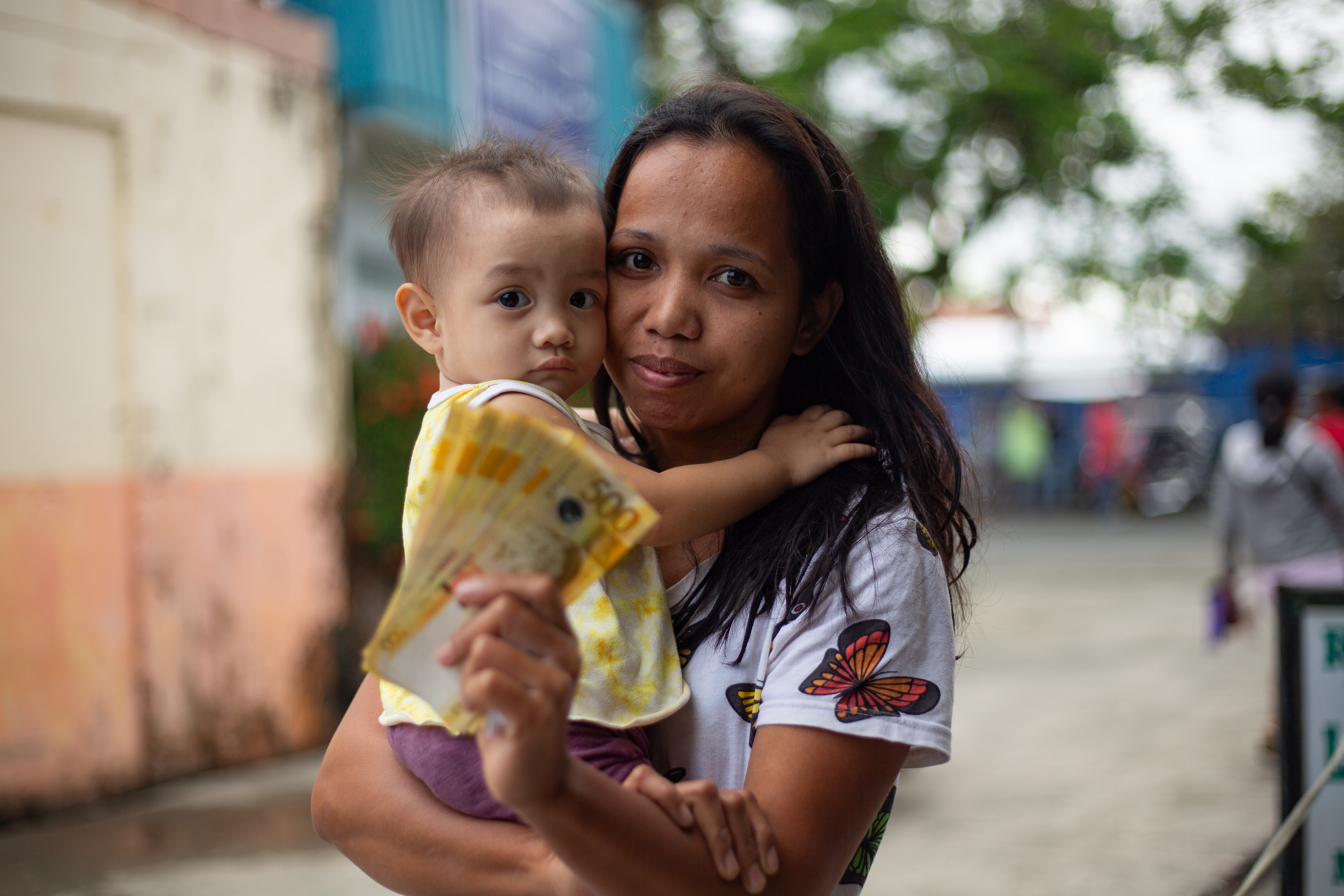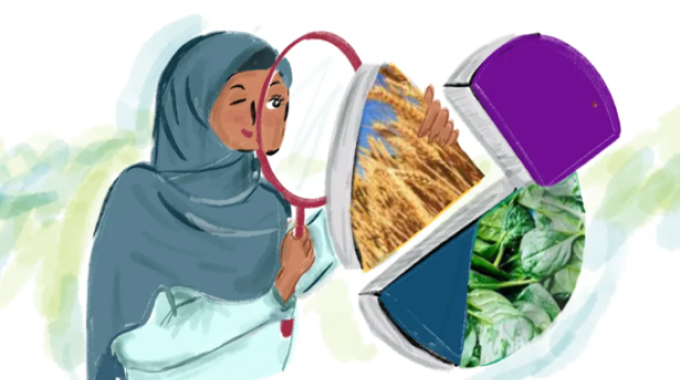Shocks and stresses such as drought, heatwaves, storms and floods are increasingly putting lives and livelihoods at risk, affecting the functioning of global food systems at all levels - from production to consumption and eroding development.
To address these growing crises, the World Food Programme (WFP), in partnership with the Adaptation Fund, launched the Adaptation Fund Climate Innovation Accelerator (AFCIA) programme.
This programme is run by the WFP Innovation Accelerator and consists of four cohorts running from 2024 to 2029. Each year, the programme focuses on a different region, identifying, supporting and scaling locally rooted solutions that enhance climate adaptation and resilience, particularly in communities impacted by extreme weather events. In 2025, this new call for applications is focused on Asia, specifically innovations for Nepal, Pakistan and the Philippines. We called on innovators, entrepreneurs and changemakers to bring forward groundbreaking solutions to drive resilience, enhance climate adaptability, and promote sustainable development in affected communities. By strengthening local capacities and fostering partnerships, we strive to enhance climate resilience and contribute to the Sustainable Development Goals (SDGs), especially SDG 2: ‘Zero Hunger’ and SDG 13: ‘Climate Action’. The call for applications is now closed.








